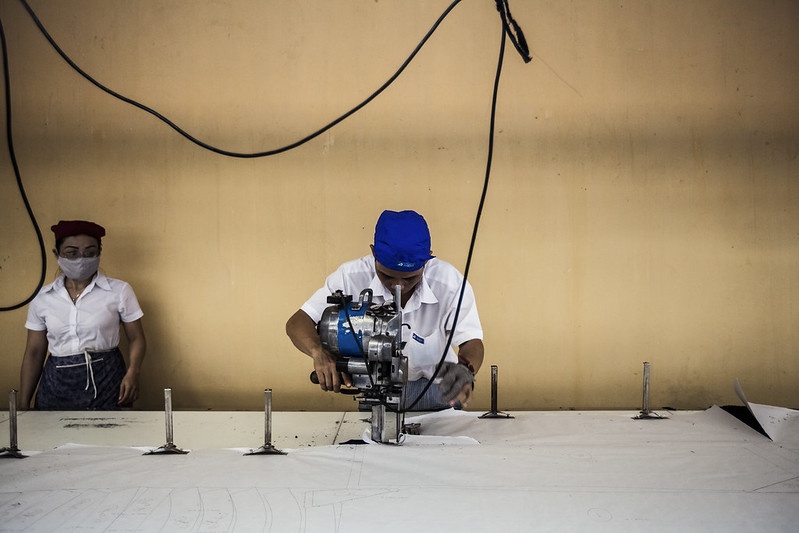9 September, 2024To advance garment and textile company support for binding agreements in their supply chains, IndustriALL is working to raise institutional investor awareness of the model and encourage investors to engage their companies to become signatories.
IndustriALL recently participated in the Superannuation Trustees’ Forum of the Australian Council of Trade Unions (ACTU), in Brisbane. The annual forum brings together Australian union-nominated superannuation fund trustee directors, union leaders and industry super fund staff to discuss key issues that affect workers’ retirement savings.
Australia’s superannuation or “super” system is a compulsory and universal system where employers are required to pay 11.5 per cent into superannuation funds for workers' retirements. Many of the superannuation funds are governed by an equal representation model which gives workers a say over the management of their savings through union-nominated trustee directors and where all profits are returned to members.
At the forum in August, IndustriALL spoke on a panel about upholding labour rights in investments and procurement, presenting its work to advance legally binding agreements between trade unions and global garment and textile brands and retailers. The focus was on the International Accord for Health and Safety in the Textile and Garment Industry, an emblematic example of these binding agreements, which represent an alternative to so-called social auditing, the commonly used but ineffective supply chain due diligence model that rests on voluntary commercial auditing of worksites.
“Auditing garment supply chains is not enough; we need to move from voluntary, corporate self-monitoring to global company-trade union agreements in garment and textile supply chains,”
says Christina Hajagos-Clausen, IndustriALL textile and garment director.
Binding agreements like the International Accord have shown promise in making workplaces safer by gaining both labour and company buy-in, integrating worker representatives into governance, imposing accountability through binding arbitration, providing remedy for labour rights violations and bringing transparency to the whole process.
Participants at the ACTU Forum were interested to learn that IndustriALL and the Labour Rights Investor Network (LRIN, a body of the global unions’ Committee on Workers’ Capital) have created an investor due diligence working group, composed of investors who support the move towards binding agreements and who seek trade union guidance on how they can advance this alternative model of supply chain industrial relations.
“The upshot is that there is a working model, it is gaining headway but needs more support. Binding agreements are relevant to investors because they address portfolio risk in a high-risk sector; they have also been shown to improve safety and working conditions for workers in garment supply chains,”
says Liz Umlas, senior advisor to IndustriALL on capital strategies.
Photo: Work at a garment factory in the outskirt of HCM City, Viet Nam. © ILO/Aaron Santos
